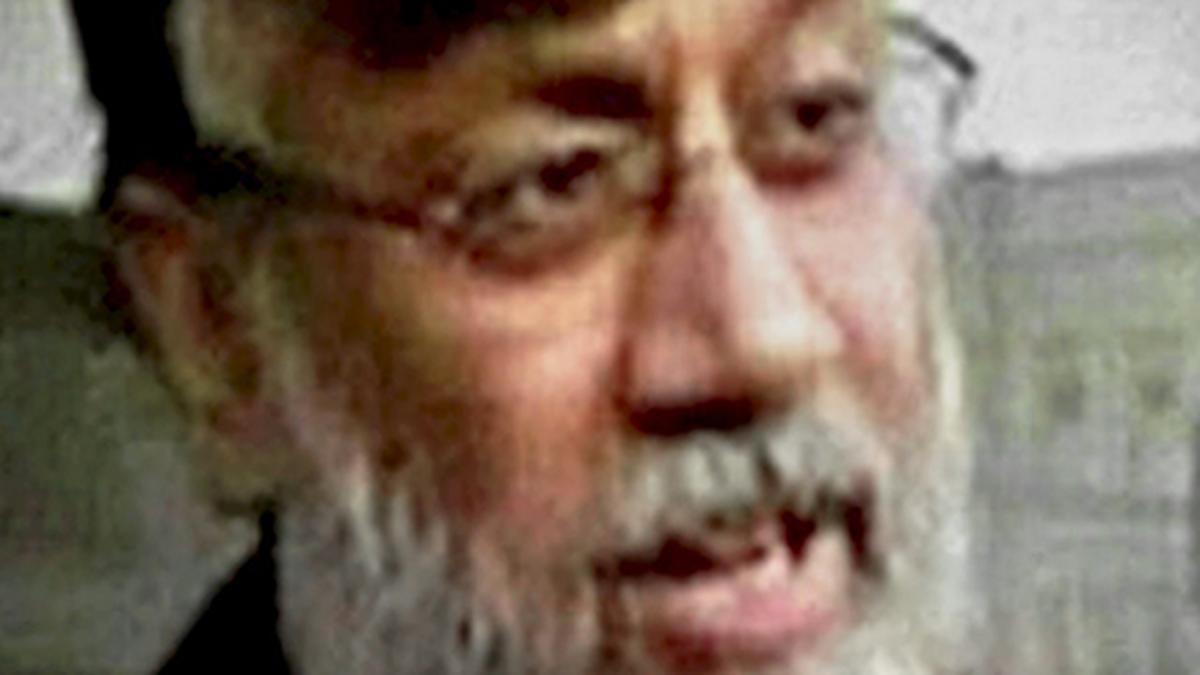Undated file photo of Pakistani-origin Canadian businessman Tahawwur Rana.
| Photo Credit: PTI
Criticising the Narendra Modi-led government for “rushing to take credit” for this week’s extradition of militant Tahawwur Hussain Rana, the Congress said it was the culmination of a decade and a half of painstaking diplomatic, legal, and intelligence efforts, which were initiated, led, and sustained by the previous UPA government in close coordination with the United States. Rana is one of the key accused in the 26/11 Mumbai terror attacks.
“Let’s be clear: the Modi government did not initiate this process, nor did it secure any new breakthrough,” former Home Minister P. Chidambaram said on Thursday (April 10, 2025). The current BJP-led government merely benefited from the mature, consistent, and strategic diplomacy begun under the UPA, the Congress leader asserted.
“This extradition is not the result of any grandstanding, it is a testament to what the Indian state can achieve when diplomacy, law enforcement, and international cooperation are pursued sincerely and without any kind of chest-thumping,” Mr. Chidambaram said.
‘UPA laid groundwork’
He detailed the UPA’s efforts in a two-page long statement. The groundwork began, he said, on November 11, 2009, when the National Investigation Agency registered a case in New Delhi against David Coleman Headley, Rana, and others involved in the 26/11 conspiracy. The FBI arrested Rana in Chicago in 2009 for supporting a failed Lashkar-e-Taiba plot in Copenhagen. In June 2011, however, a U.S. court acquitted Rana of direct involvement in the 26/11 Mumbai attacks.
“Despite legal setbacks, the UPA government persisted through institutional diplomacy and legal mechanisms,” Mr. Chidambaram said, flagging Headley’s interrogation in the U.S. in 2011, based on mutual legal cooperation frameworks under the MLAT. “The U.S. government transferred crucial evidence to India, which became part of the NIA’s chargesheet filed in December 2011 against nine accused, including Rana,” Mr. Chidambaram said. Based on this, the Special NIA court in Delhi issued non-bailable warrants and Interpol Red notices.
“This was not a media stunt but quiet, determined legal diplomacy,” Mr. Chidambaram underlined. He added that in 2012, then-External Affairs Minister Salman Khurshid and Foreign Secretary Ranjan Mathai had taken up the matter of Headley’s and Rana’s extradition with then-U.S. Secretary of State Hillary Clinton and Under Secretary Wendy Sherman.
‘Slow wheels of justice’
By January 2013, Headley was sentenced to 35 years, and Rana was also sentenced in the U.S. India’s demand for Headley’s extradition was reiterated firmly, even as the UPA government expressed its disappointment at the sentence. “This was a textbook example of how sensitive issues of international justice should be handled through diplomacy,” he added.
Even after the change in government in 2014, it was the institutional efforts already in motion that kept the case alive, Mr. Chidambaram said. In 2015, Headley agreed to turn approver in the 26/11 case. In 2016, a Mumbai court pardoned him on the condition of full cooperation, which helped the case against Zabiuddin Ansari (Abu Jundal). A team visited the U.S. in December 2018 to resolve legal hurdles and again in January 2019 was told that Rana must serve his full sentence in the US. His release date was set for 2023, accounting for time served. “These are not ‘strong leader’ moments, but are the slow wheels of justice, pushed forward by years of hard work,” Mr. Chidambaram asserted.
Published – April 10, 2025 09:13 pm IST
